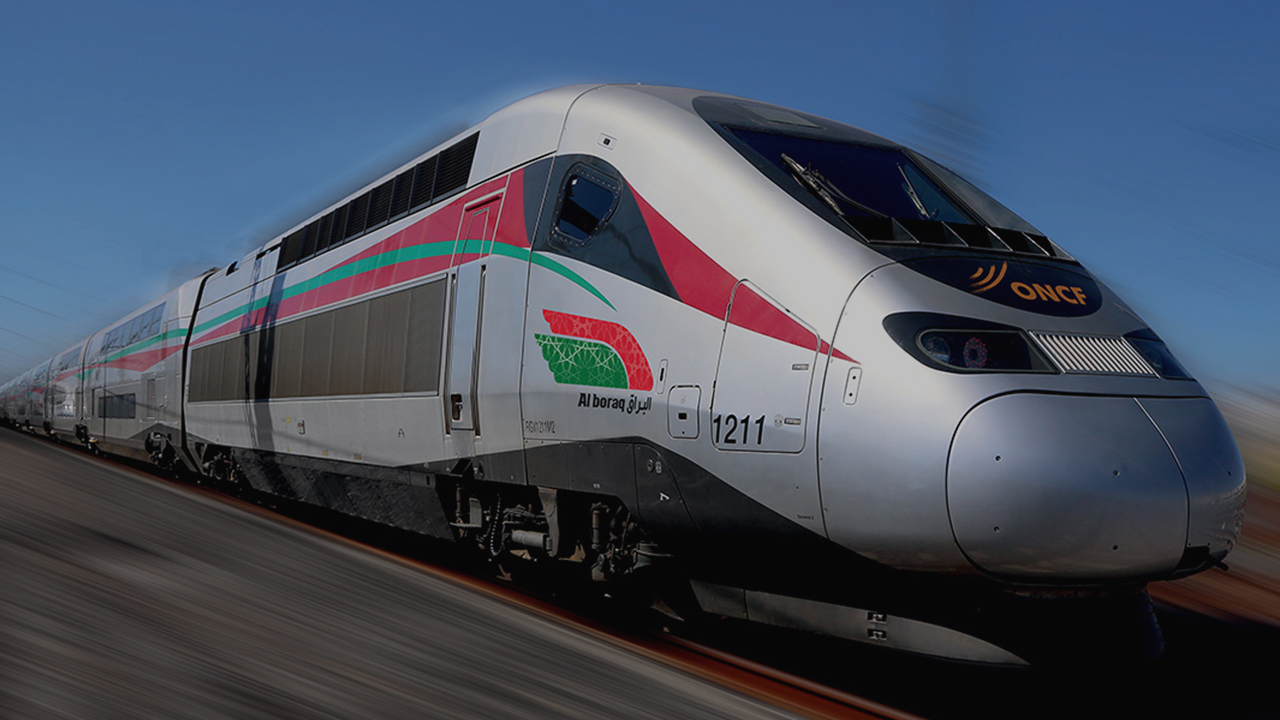Morocco’s high-speed train, Al Boraq, took center stage on Tuesday in Beijing at the 12th World Congress on High-Speed Rail, where the country showcased its ambitious vision for expanding its rail network and highlighted its growing partnership with China.
Five years after launching Africa’s first high-speed rail service, Morocco is determined to shift into an even higher gear. Plans are in motion to extend the current line all the way to Marrakech in a massive project valued at nearly 10 billion euros. This next phase leans heavily on deepening cooperation with Chinese companies and financial institutions.
The civil engineering work for the extension will be evenly split between Moroccan and Chinese firms, while technical studies for the planned 230-kilometer stretch between Marrakech and Agadir have been awarded to China Railway Design Corporation, a subsidiary of China State Railway Group. This collaboration underscores China’s expanding role in Morocco’s major infrastructure efforts, particularly in rail development, where Beijing brings both technical know-how and financial muscle to the table. During the roundtable discussions, Moroccan officials called on Chinese investors to lend their support to what is being positioned as one of the continent’s most ambitious infrastructure projects.
By the end of 2029, Morocco aims to have 630 kilometers of high-speed rail in operation, including a Casablanca-Marrakech line capable of running trains at 320 km/h. The new route will cross five regions that together account for 65% of Morocco’s GDP and 60% of its population. It will connect major cities and strategic infrastructure, including key venues for the 2030 World Cup and two international airports.
In addition to expanding the high-speed network, Morocco’s broader rail strategy includes the development of a regional commuter system linking Rabat, Casablanca, and Marrakech. Trains are expected to run every 7.5 minutes along a 250-kilometer corridor, supported by the purchase of 168 new trains and the construction or renovation of 40 stations.
Sustainability remains central to the Al Boraq vision. Already, 90% of the trains run on renewable energy, a move that not only reduces the environmental impact of rail transport but also strengthens Morocco’s position as a leader in green mobility.
Through this ambitious project, Morocco is positioning itself as a long-term strategic partner for China in the development of African infrastructure. Participants at the Beijing forum praised the initiative as a model for regional integration and sustainable transportation—one that could inspire similar efforts across the continent.
